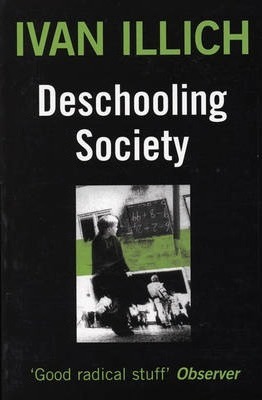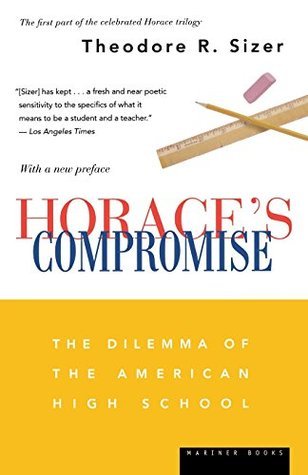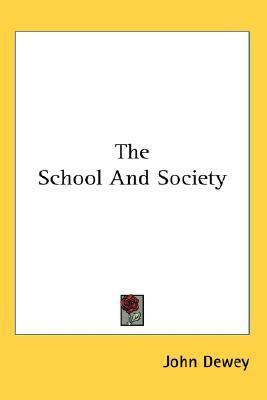
Deschooling Society
Book Description
Picture a world where education doesn't imprison minds but liberates them. "Deschooling Society" unveils a radical vision that challenges the very foundations of traditional schooling, revealing how it stifles creativity and individuality. Ivan Illich argues for a society where learning is a spontaneous, interconnected journey rather than a rigid structure, igniting conversations about autonomy, community, and the role of institutions in our lives. Each page provokes thought and sparks revolution, urging society to rethink what it means to truly educate. Are we ready to break free from the chains of conformity and embrace the adventure of authentic learning?
Quick Book Summary
"Deschooling Society" by Ivan Illich is a provocative critique of modern education systems, challenging the assumptions that schools are necessary for learning and socialization. Illich argues that the formal structure of schooling inhibits true intellectual growth, creativity, and social equity by transforming education into a commodity and enforcing conformity. He envisions a society where learning is decentralized and self-directed, supported by networks and resources accessible to all, rather than confined within authoritarian institutions. The book explores how schools perpetuate social divisions and proposes alternative approaches that cultivate autonomy, community engagement, and authentic learning experiences. Illich’s radical vision invites readers to reconsider the fundamental relationship between society, knowledge, and individual development.
Summary of Key Ideas
Table of Contents
Schooling as Social Control
Illich begins by exposing how schools serve not just as places of academic instruction but as instruments of social control and normalization. He asserts that schooling imposes a standardized way of thinking, restricting individual creativity and critical capacity. The educational system, in his view, legitimizes a hierarchy where formal credentials equate to personal value, reinforcing social structures and suppressing diversity of thought. Schooling becomes less about learning and more about compliance and conformity, undermining genuine curiosity and autonomy.
Deschooling and Self-Directed Learning
Central to Illich's thesis is the distinction between schooling and learning. He argues that education should not be confined to institutional environments or dictated by rigid curricula. True learning, according to Illich, is an organic, lifelong process driven by personal interest, community involvement, and real-world engagement. Deschooling is his call for the dismantling of educational monopolies, encouraging societies to support informal, self-directed learning pathways tailored to individual needs and ambitions.
The Commodification of Knowledge
Illich highlights the dangers of commodifying knowledge, demonstrating how schools turn learning into a product to be consumed, purchased, and measured. This leads to the proliferation of credentials and the illusion that access to formal education guarantees competence or wisdom. Consequently, education becomes a competitive marketplace, deepening social inequalities rather than alleviating them. Illich cautions against the fetishization of institutional schooling and advocates for a more egalitarian approach to knowledge sharing.
Alternative Learning Networks
As an alternative, Illich proposes the creation of "learning webs"—decentralized, open networks that connect people with resources, mentors, and peers. He envisions technology and community-based platforms that allow for the spontaneous formation of learning communities. These networks would empower individuals to pursue personal projects, acquire practical skills, and engage in collaborative inquiry, free from institutional barriers and standardization.
Education and Social Equity
Finally, Illich interrogates the assumption that mass schooling is the great equalizer, arguing the opposite: schools often reproduce social hierarchies and privilege. By dismantling formal education systems and fostering pluralistic, community-driven opportunities, societies can promote true social equity. Illich’s ideas encourage readers to imagine new possibilities for education—ones that place autonomy, creativity, and social justice at the core, rather than compliance, competition, and credentialism.
Download This Summary
Get a free PDF of this summary instantly — no email required.





